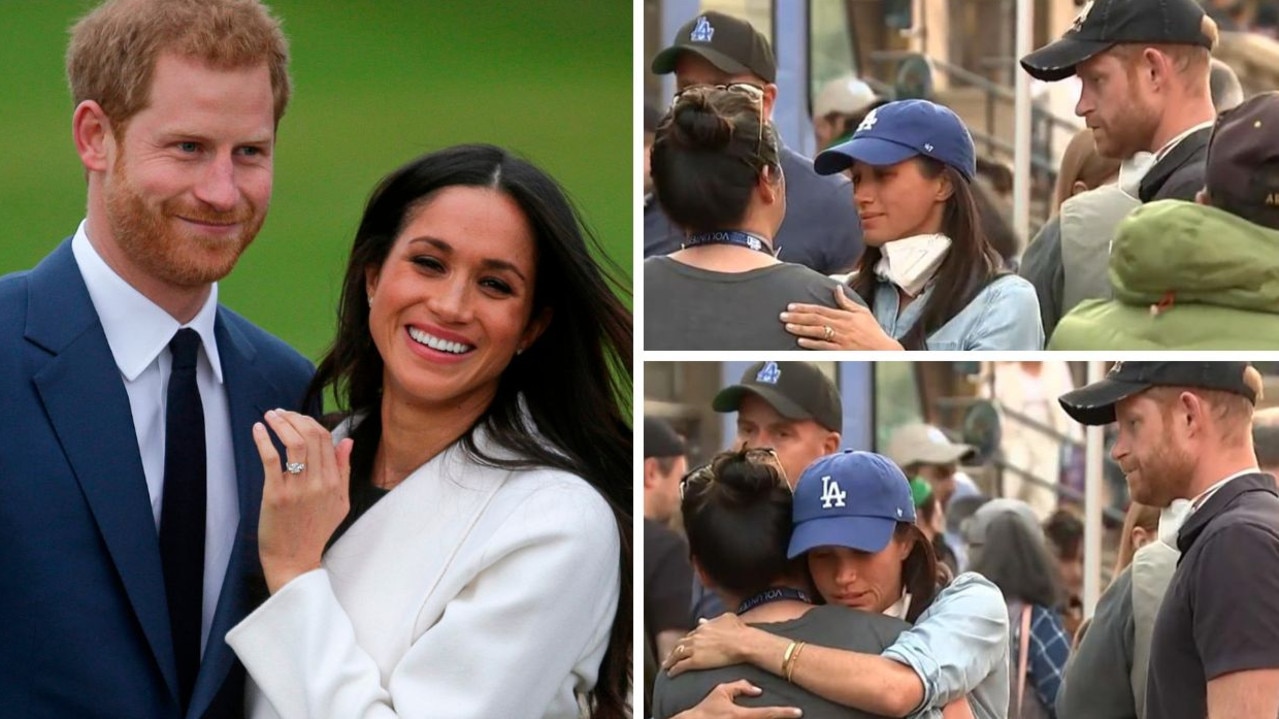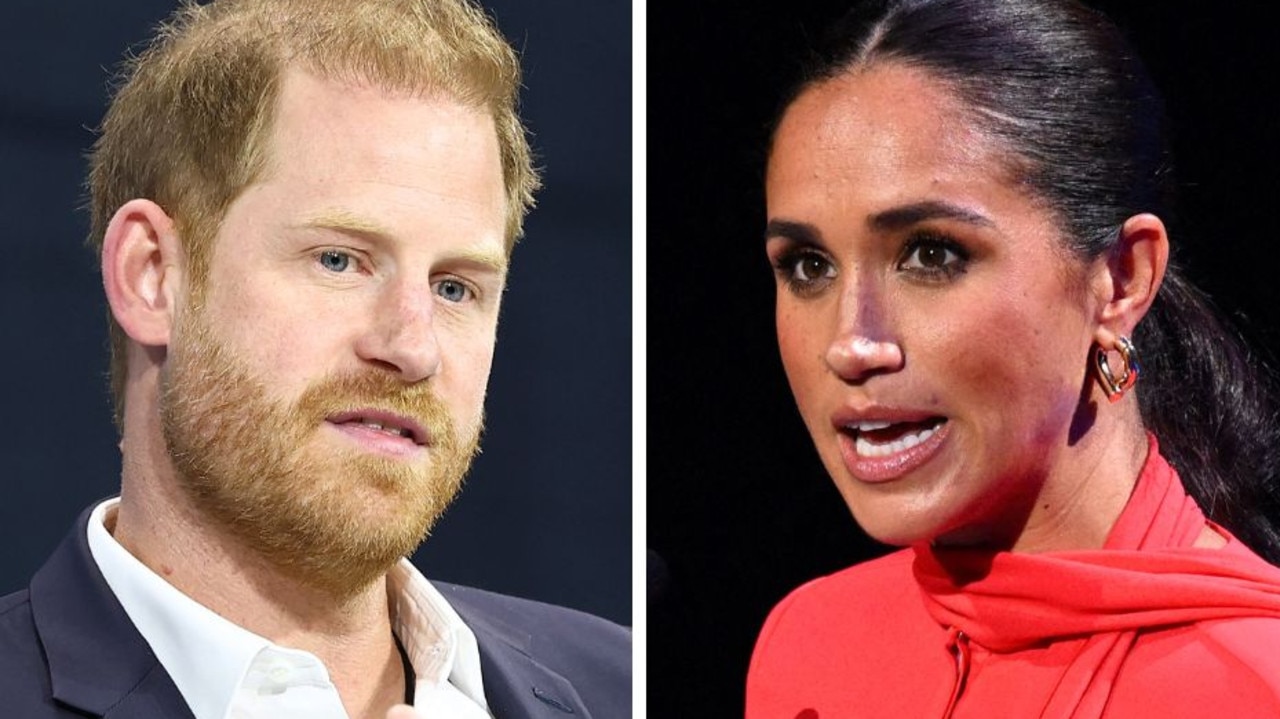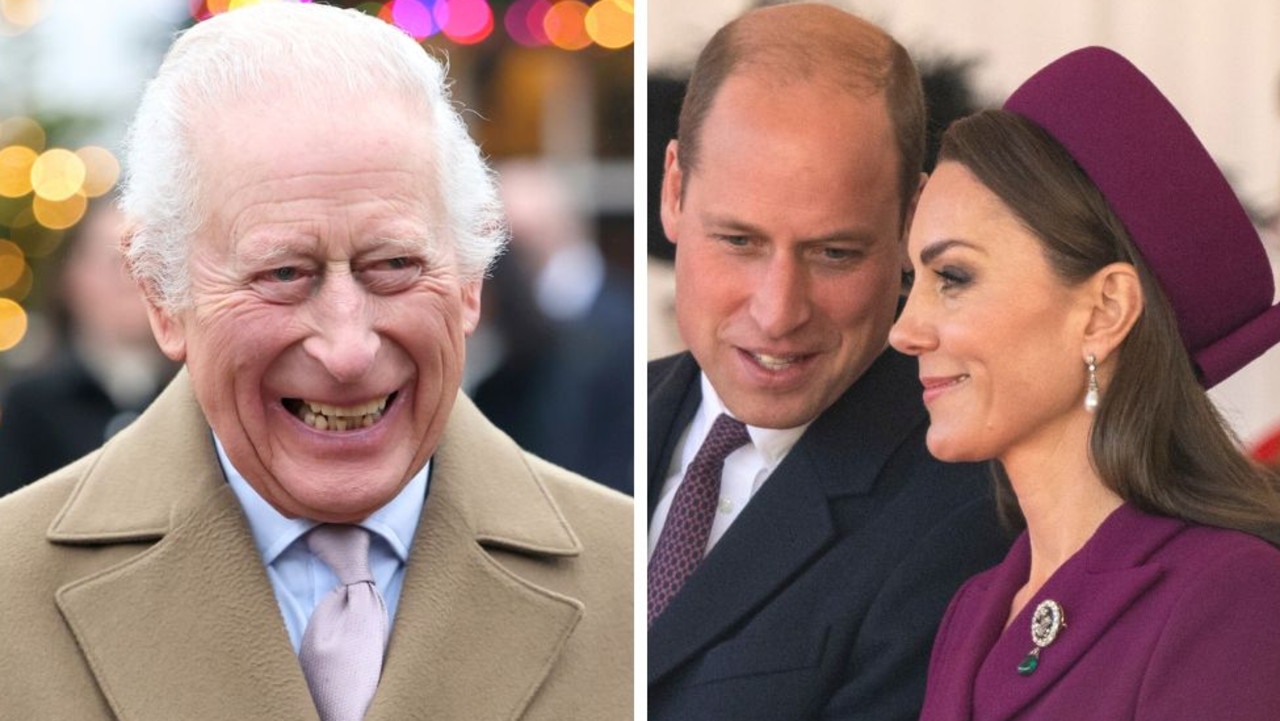‘Spectacular error’: The lesson the royal family refuses to learn
In the wake of Prince Andrew’s train wreck interview, one thing has become glaringly apparent: The royals must give up this particularly bad habit.
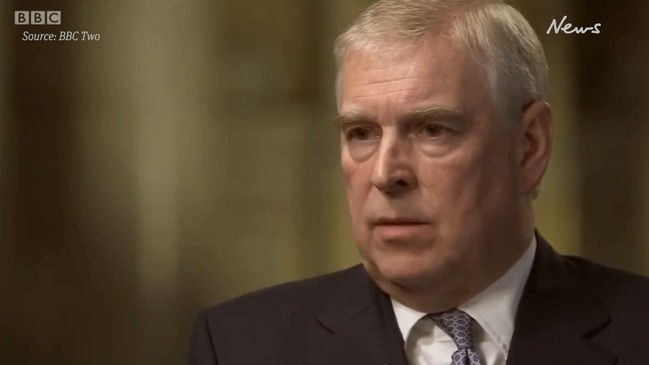
COMMENT
It must have been an extraordinary conversation. In some (I’m guessing) brocade-heavy Buckingham Palace sitting room or art-lined private study, last Monday afternoon or Tuesday morning, Her Majesty the Queen was made “aware” that her son was planning on sitting down with BBC’s Newsnight program.
Finally, after months of highly damaging headlines, the eighth-in-line to the throne would answer questions about his friendship with convicted sex offender Jeffrey Epstein and would address allegations he had sex with Virginia Giuffre Roberts, then 17, when she was trafficked by Epstein.
The interview was shot days later in a vast, curiously empty room in Buckingham Palace.
Facing off on gilt-edged chairs, Prince Andrew sat down across from veteran journalist Emily Maitlis who for 49 agonising minutes firmly grilled the 59-year-old about Epstein.
The Prince’s aides, according to reports, had hoped the piece would “draw a line” under all of this and allow him to get on with, well, whatever he gets on with.
Instead, viewers the world over watched, appalled, as Andrew bewilderingly wheeled out a litany of poor excuses and odd defences.
The entire thing was nothing but risible and the woe-is-me bluster has only served to launch a thousand memes and excoriating opinion pieces. (A former senior courtier has described the interview to the (UK) Telegraph as “excruciating.”)
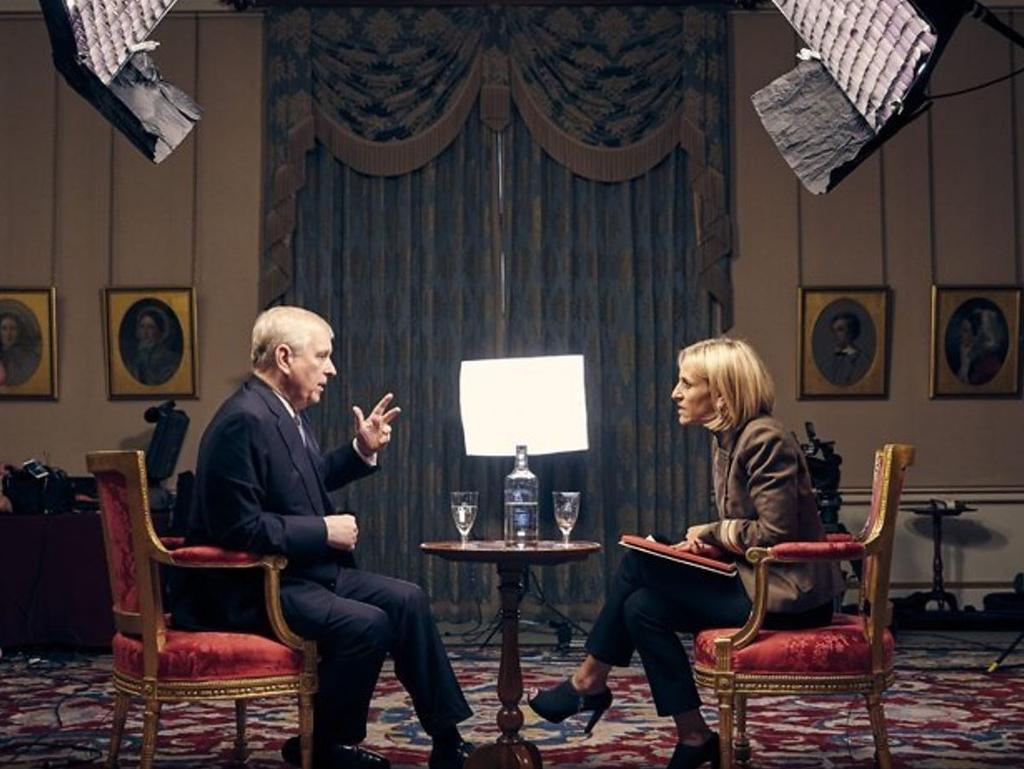
Sadly this is territory the royal family knows all too well. For the last 50 years, they have time and again invited cameras behind the closed doors of palaces in various PR salvos which have pretty much all spectacularly backfired.
Rewind to 1969 and at Prince Philip’s urging, the Queen allowed the BBC to film her and her family for an entire year. The resulting two-hour documentary, called unimaginatively Royal Family, screened to international fascination by which point Her Majesty realised the spectacular error of her ways. Revealing that, titles and ancient heraldic claims aside, they were just another bourgeois family making dull chitchat around the dining table dealt a significant blow to the royal mystique.
Watching Her Majesty fiddle about with Tupperware was about as close to a constitutional crisis since Uncle David met one Wallis Simpson.
Such was the Queen’s regret she ordered the documentary and the 40-odd hours of unused footage be exiled to the Windsor archives where it is, to this day, kept under lock and key. The doco itself has not been publicly seen in 50 years and most likely never will.
By the early ’90s, Charles and Diana, the Prince and Princess of Wales, were locked in a media death match as they each sought to bolster their respective images while bloodying the other.
In 1994, two years after their official separation, Charles agreed to an authorised biography and TV documentary by broadcaster Jonathan Dimbleby to mark his 25 years as Prince of Wales.
According to biographer Tom Bower, Charles had thought the interview would “clear the decks”. (Sound familiar?)
So, in a ham-fisted attempt to remedy some of the damage done by the Camillagate tapes – to this day, our future King’s penchant to be a tampon is lodged firmly in the public consciousness – Charles admitted on camera he had been unfaithful to Diana.
Rather than using the opportunity to express remorse, his defensiveness horrified his family and vast swathes of the British people.
As one newspaper put it he, “willingly co-operated in (his) own destruction” and during the fallout Charles’ suitability to be King – which includes being the titular head of the Church of England and the Defender of the Faith – was widely called into question.
One year later, Diana played a similar card and sat down with the BBC’s Panorama program. It was a decision made in secrecy – even her longtime private secretary Patrick Jephson was kept in the dark – and filmed secretly at Kensington Palace.
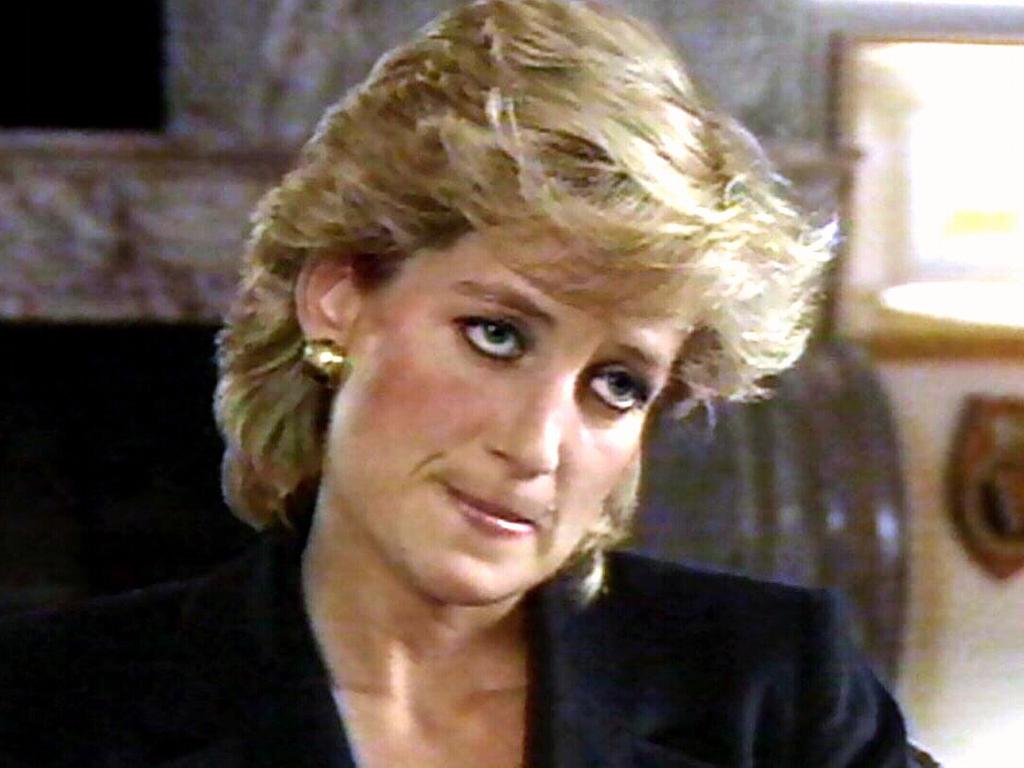
According to Diana’s biographer Tina Brown, the Princess resorted to such subterfuge that she told Palace security staff she was having a new hi-fi system installed to explain away the cables and equipment being ferried in.
The fateful if historic interview was shot in Diana’s own private sitting room and on a Sunday, ensuring none of her staff would be there. (She even did her own makeup.)
When it screened on November 20, 1995, 23 million people tuned in to hear Diana, head dipped, her eyes lined with heavy kohl deliver the now infamous line: “There were three of us in the marriage.”
While public support for Diana immediately surged – a Daily Mirror poll taken days afterwards showed that 92 per cent of respondents supported her appearing on the show – the royal family was horrified.
Dickie Arbiter, the Queen’s then press secretary said that Diana’s admissions went over “like a cup of cold sick”. “We were gobsmacked, frankly. No one had seen it coming,” he added.
While Diana might have landed quite the blow against Charles and might have garnered even more sympathy, the interview had the unintended consequence of putting the final nail into the coffin of her marriage. The Queen soon afterwards insisted the feuding couple split and later the decision was made to retract her HRH status.
Then, only last month, Harry and Meghan, the Duke and Duchess of Sussex, spoke to ITV’s Tom Bradby, ostensibly for a documentary about their trip to South Africa, during which their personal revelations obliterated any coverage of the actual work they had done.
Harry mournfully, tacitly admitted that reports of a feud with William were correct while Meghan opined that the couple was “surviving not thriving” as they struggled with the media glare.
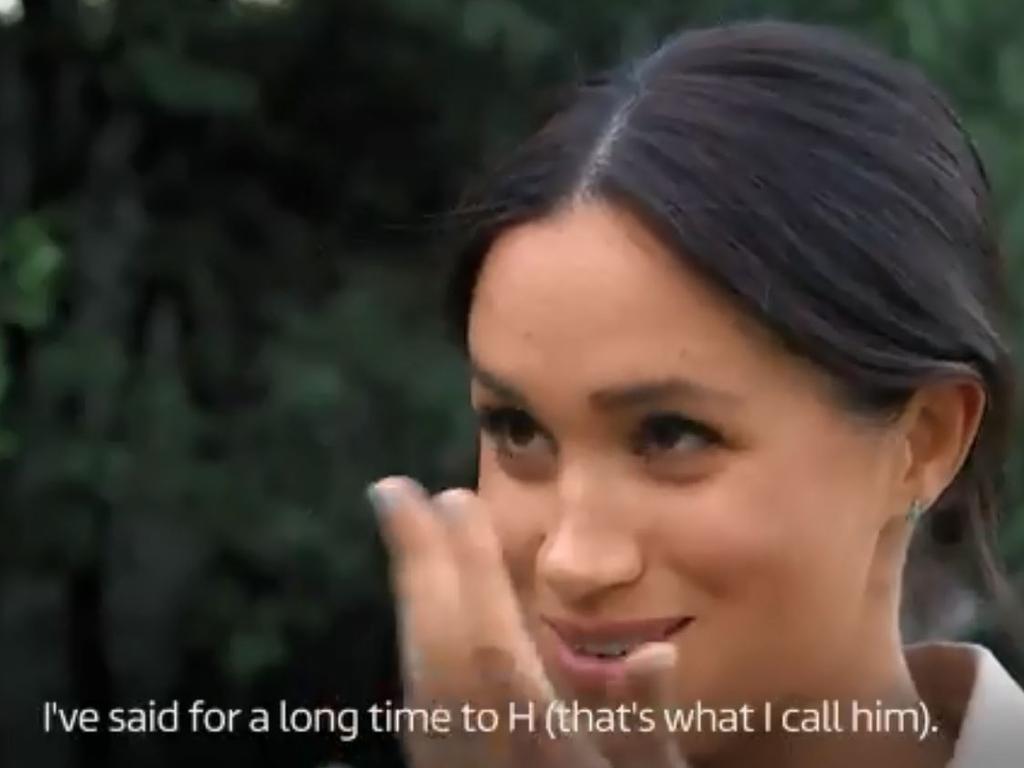
Reaction was mixed: While the duo’s pain was clear some suggested that the privileged couple had the power to change their circumstances.
And then there was Andrew and his clanger of an interview.
You’d think by now, the Windsors would have learned of the inherent dangers of opening their mouths when the cameras are rolling.
For one thing, there is a certain hubris in believing that by baring their soul during prime time they can wondrously shift public sentiment.
In each of these instances, the driving force has been the same – to control the narrative and bend it to their own will. Each of these interviews has also accidentally revealed a certain self-centred, myopic focus on the way the public perceives them.
Rather than accepting their mistakes and owning them they offer up justifications by the Rolls-Royce load.
Instead of generating sympathy by and large, these interviews have only served to whip up media and public furores. Essentially they are messy, undignified distractions from the business of being royal.
There is an argument that Charles & Co should earn some brownie points for their candour but there is no escaping the fact that talking about their sex and personal lives nearly always leaves a bad taste in the public’s mouth.
Likewise, each unseemly revelation erodes whatever respect the royal family still commands.
How Andrew can or will recover from this remains to be seen. What is clear is this: When the Queen gathers her family around her at Sandringham this year for Christmas it is time to lay down the law: No more TV interviews kids. Ever.
Daniela Elser is a royal expert and freelance writer with 15 years’ experience who has written for some of Australia’s best print and digital media brands.

